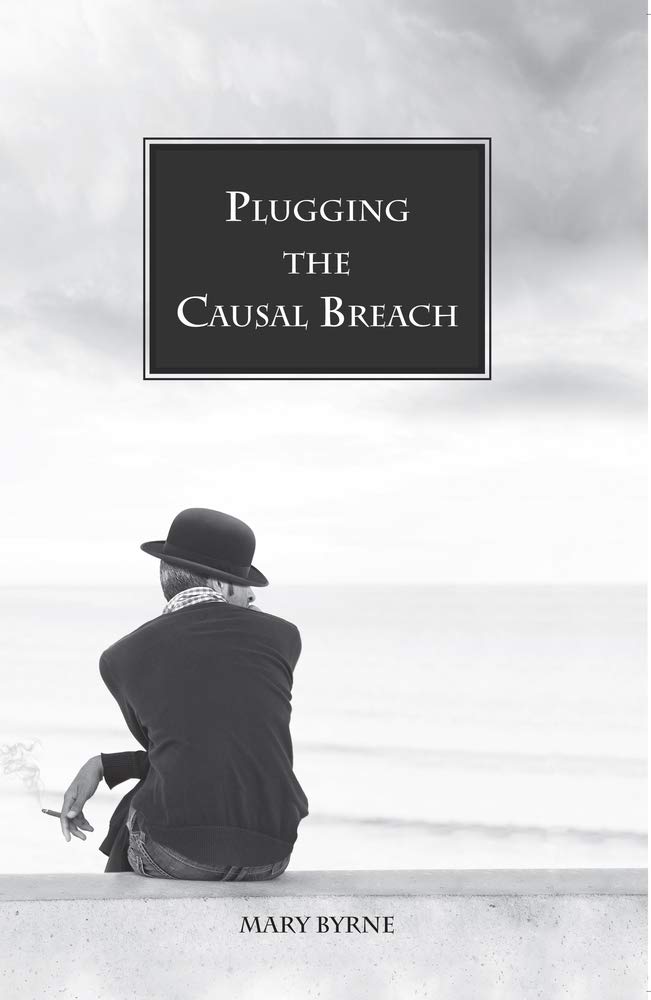Review: Mary Byrne’s Plugging the Causal Breach, (Regal House)
Mary Byrne spent many years working in France and Morocco as an editor, translator and teaching English at universities and this collection of her short stories casts a fresh perspective on French towns and their immigrants.
After completing her thesis on Lawrence Durrell’s Alexandria Quartet, Byrne wrote some short stories, with David Marcus of The Irish Press publishing two, and one going on to win a Hennessy Award.
She only began to write seriously on return to the Languedoc after years living in Morocco with her French husband. Durrell had invited Mary to edit his final book, Caesar’s Vast Ghost, and having read her work, encouraged her to write more. She moved to Paris and her writing continued haphazardly. Slowly she built up a collection of work featuring in anthologies such as Faber Book of Best New Irish Short Stories, Best Paris Stories, Phoenix Irish Short Stories, Quiet Quarter and Ten years of great Irish writing
When Mary’s husband died, she moved to Montpellier and began to put this collection together which was published in September 2019 by the North Carolina-based Regal House.

It is a surprising (and quite arresting) read, letting the reader tap into the real France with stories from villages with 1,000 occupants and the neighbourhoods of Paris where tourists rarely stray.
Anyone who visits France gets a sense of that undercurrent they cannot reach. This takes a lifetime of living there, and interacting with the locals. When you walk down Rue St Denis in Paris or stop for lunch in a small village you glimpse it but the accessible France is the expensive Marais or family fun at the Brittany campsites.
Instead we read about the bob-lilies (bohemian-liberals) who have moved into the slowly gentrifying Belleville area of Paris, the vendors of Rue du Faubourg and concierges looking after run-down apartment buildings.
Most of the characters have no future but a lot of past. Mary Byrne writes about forgotten people with quiet lives; people who don’t get out much as they can no longer manage on their own. It is a world for the innumerable anonymous and perhaps a relevant book now with the protests of the Gilets Jaunes; with their sense of injustice, abandonment and suspicion of the elites. These characters would all qualify as potential yellow vests.
The events are entirely nondescript, matters of circumstance. There is almost no drama; the reader is dropped into a new world each time. Mary has a dry delivery – with the kind of deadpan delivery that Margaret Atwood brings to her Stone Mattress short story collection.
At times events get gothic – with a body stuck in a chimney; and this is when the writing suffers. The storytelling is at its best when nothing happens; we are offered a snapshot of an eventful morning in Belleville with Algerian women in bright clothes and Arabic voices everywhere. We hear an account from a former POW living in a small Normandy village, a story of sexual harassment in the civil service.
Older people are the mainstay; they behave in unexpected ways; acquiring boyfriends in their 70’s with ponytails who smoke joints all day. The themes are of regret, grief, booze, mental illness – but yet it retains a snappy air.
It is a surprising collection, a significant French book by a uniquely perceptive Irish writer. Unique because she writes about others, there is not much about her own world. How many other writers are doing that?

Review by Mary McCarthy.












